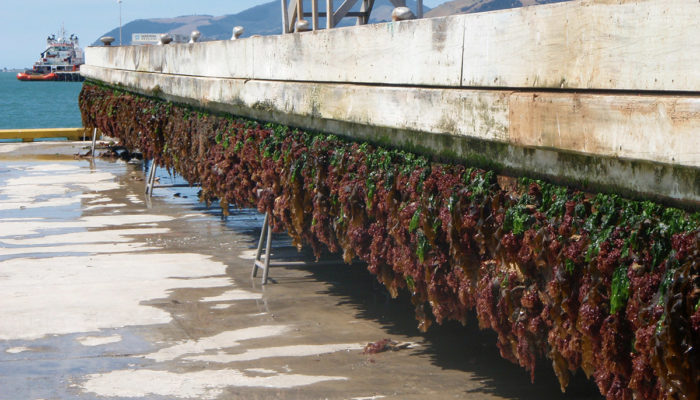The programme is built around four main research themes that target critical stages of the biological invasion process and support key elements of regional, domestic and international biosecurity management:

PROTECT
Artificial structures associated with ports, marinas and coastal urban centres (e.g. pontoons, pilings and breakwalls) are often the sites where marine non-indigenous species first become established. This research theme will develop eco-innovative tools for protecting high-risk infrastructure, including novel surface treatment technologies for sustained biofouling prevention and substrates to enhance native populations to achieve ‘invasion resistance’.


DETECT
Early detection of new incursions is critical to effective biosecurity management. This theme will enhance our ability to monitor for the presence and distribution of marine pest species using molecular sampling tools. It will also help develop the next generation of biosecurity practitioners by taking marine pest monitoring to New Zealand’s classrooms and equipping citizen-science programmes with field-operable molecular kits for pest detection.


MANAGE & RESPOND
Movements of ships, boats, maritime equipment and infrastructure are principal pathways for the spread of non-indigenous marine species. This research theme will develop a network-based epidemiological transport model of New Zealand’s maritime system. The model will be used to help us understand the strength and dynamics of invasion pathways and enable the development of optimised strategies for prevention and incursion response.


ECONOMICS & DECISION-SUPPORT
Improved marine biosecurity will significantly benefit New Zealand’s economy, environment and society. This theme will develop an integrated bio-economic model to assess the costs and broader benefits of mitigating marine pest impacts through biosecurity measures developed across the research programme. This integrated approach, encompassing economic, ecological, social and cultural impacts, will inform appropriate delivery of intervention strategies.

